How I chucked law school… Manitoba: The Contrarian Years
An enlightened man? He bought more books than he could afford. - Dr. Albert Trueman
Bill Annett Global News Centre
I’ve often thought of my four years at U. of M - almost 70 years ago - either as contrarian or simply going the wrong way, depending on your perception. In the first place, the deal was, selon my father, you go to law school and thereby you go straight, obviating the necessity of being a damn writer all your life. Even then I’d had rejection slips and I’d watched Perry Mason, so I agreed. I started with good intentions, but how I got sidetracked is the substance of what I have to tell you.
My brother Jack was already at Manitoba, well on his way to a degree in architecture, so it was logical that I bunk in with him (since we hadn’t had a fight for a month or so) and complete second-year Arts, otherwise known for my purposes, as Pre-Law. Pre-Law sums up the situation exactly, because my undergraduate years were destined to preclude any semblance of order, logic or good governance.
To begin with, the University of Manitoba was majorly campused at Fort Garry, some ten miles south of Winnipeg at a bend in the Red River, (“winding the length of its long red chain,” as Pauline Johnson put it. The last time I saw that campus it was 22 inches under water during the Great Flood of 1950, but that’s another story.)
Everyone else that I knew commuted from Winnipeg to Fort Garry. Au contraire, since Jack and I lived in residence on campus, I had to commute from Fort Garry to Winnipeg, because the slowly phasing out Broadway Campus continued to house Arts II, ergo Pre-Law. At least, I never had a problem getting a seat on my wrong-way bus. But there was a significant outcome to my wrong-way Corrigan role, in fact it’s the whole substance of this tale..
Albert Trueman had become President of the university a year earlier. An English professor and Rhodes Scholar, he elected to keep his hand in at teaching and, fortunately for me, that presidential hand descended on my section of pre-lawyers in English 201. But before I get to President Trueman and my central theme, I’ll dispense with a bit of trivia that may illustrate how impressionable I was, how prone I was to being led, or at least influenced. It’s part of the wrong-way schtick.
Kitty-corner from the campus, at Broadway and Osborne, there extended Osborne Stadium, an ancient wooden coliseum where the varsity Bisons played football during a season and a league both truncated by geography and budget constraints. The Bisons, like their extinct namesakes, strove to survive among academic athletes from North and South Dakota and Minnesota, (Not THE Minnesota that produced Bud Grant, the wide receiver cum coach who later took the Vikings to the Super Bowl) but - more in our league - Minnesota State Teachers’ College, a scrawny fraternity that attended at our Homecoming Game that year. All this was imparted to me by Fred Bickle, a classmate and fellow pre-lawyer who also moonlighted as Bisons’ quarterback.
In fact because of Fred, I vowed to attend, and managed to enroll my brother Jack and his classmate, Squat Patterson, a lanky ex-Spitfire pilot who had flown with Buzz Beurling on Malta, the Canadian hero who shot down 31 Germans and narrowly escaped being shot down by his wingmen for negligently causing the demise of at least one of his squadron. As a result, Squat had little use for heroes, which perhaps influenced his later choice of a day job as football referee.
I think the pedagogical Minnesotans trashed the Bisons in that game, but I don’t remember anything beyond the second quarter, for the simple reason that Jack and Squat had each prepped for the contest with a slim flask of Seagrams, the sophomoric drink of choice at the time. Accordingly, ten rows up from the 50-yard line and after inaccurately flinging coins at a strolling hot dog merchant, our aim being unsteady by this time, the three of us found ourselves groping quite offside in the grass near midfield as the State Teachers ran three plays over us. (Two off-tackle slants and a quarterback sneak, if I recall correctly.) Fred Bickle and a muscular linesman interceded on our behalf and we found ourselves deposited out on Osborne Street, which explains my incomplete grasp of the game’s outcome.
The take-away, what I wish to illustrate, is how impressionable, how easily swayed I was at that age.
But back to President Trueman. Unlike that other notable so named at that time (the President Truman without the “e”) the learned doctor was to open a new door for me. Because he impressed me as the finest teacher I’d met, it may explain how, in a single sentence, he changed my life, announcing one day that Donald Wolfit was bringing a Shakespearean company to Winnipeg, and we would do well to attend. Of course I did, hesitantly at first, but without bothering to include Jack and Squat Patterson.
You’ve seen Wolfit if you’ve seen “Lawrence of Arabia.” He’s that stuffy Blimpish British General (Murray) early in Lawrence’s career, a slight part, notable only for his brusque parade square voice and his Sam Browne Belt binding his considerable girth. But this was almost two decades following his tour de force in Winnipeg as a Shakespearean thespian, when he had youth and vigor rather than a Falstaffian gut.
During that fateful week, to my gape-mouthed amazement, Wolfit starred in the title roles of King Lear, Othello, Hamlet, Macbeth and Julius Caesar on five successive nights. He blew my freshman’s mind, not to mention my entire month’s walking-around money. I didn’t miss it, and I didn’t miss one of Wolfit’s performances. I’ve never been the same since.
He morphed from the raging old Lear (“How sharper than a serpent’s tooth to have a child unkind”) to the murderous suicidal Moor of Venice (“I seized the circumcis’d dog and smote him thus”), from the youthful Hamlet (“Alas, poor Yorick”) to the Scottish usurper (“MacBeth hath murdered sleep.”) In that succession of nights, as easily as changing costumes, Donald Wolfit did a job on me, turned me around as decisively as Brutus did to the Senators over Caesar’s bier. I was not only hooked but finned, gutted and filleted.
I began to hang out with strange companions. Al Goldman, a campus literary editor, who first mentioned majoring in English. Jack Woodbury, later my room mate who was to become an English prof himself. And Tom Hendry, who later co-founded the Royal Manitoba Theater Center, with whom I enrolled in Jamie Reaney’s creative writing course when we both majored in English in third year.
One small problem remained. My father and his plans for me to become Clarence Darrow. I decided to postpone the showdown till I was home for the Christmas hols.
“Dad,” I said, bracing him in his study. “I didn’t tell you that I saw a Shakespearean company a month or two ago.”
Dad was hunched over his typewriter. “Thou didst well, for wisdom cries out in the streets and no man regards it…”
“It was Donald Wolfit, and he did all the tragedies. I hope you’re not -”
‘The actors are at hand, (Dad mused) and by their show,
You shall know all that you are like to know…’
“I wish I’d been there,” he concludedd. “He did Julius Caesar, you say?”
“Yeah, the last night. But -”
“Did I ever tell you, I could recite the first three acts? ‘Set honour and death i’ the other; And I will look on both indifferently…’”
“Dad, I want to major in English.”
“And like bright metal on a sullen ground… (He wasn’t listening to me) Redeeming time when men think least I will.”
“You mean you don’t mind if I chuck law school?”
Dad was looking off into space.
“‘Law cannot give my child his kingdom here,
For he that holds his kingdom holds the law.’ King John, I think.”
“Search me.” I was already looking at the syllabus for Arts III.
The Broadway campus, of course, is long gone, as is Osborne Stadium. Dr. Trueman moved on to greater challenges in his native New Brunswick. Squat Patterson indeed became a referee in the CFL and its ultimate expression, The Grey Cup, an institution where the annual ritual recognizes that football and strong drink betimes do go together.
What of my former Pre-law class? Roland Penner, blunting the edges of his undergraduate proletarianism, became Attorney General of the Province and. still later, Dean of the Law School. Izzy Asper, counsellor to governments and creator of a television network, became a billionaire. Fred Bickle, my friend and pre-quarterback, was never heard from again. Some say he ventured northward to Alaska, perhaps in the quest - like Sarah Palin - of a career to nowhere.
Such is the uneven hand of blind justice and especially Post-law.
Me? Like Othello, I have done the state some service. I have tried to meet the requirements of the real world in corp finance, investment banking and the Street of Dreams. I’ve whilom chased money, markets and women. But none with as much conviction as that tortured metier that was my father’s. By default, perhaps, as a penniless scribbler, I’ve compiled a fairly lengthy rap sheet.
Because, despite the way of the world, my singular achievement has been merely to reach for. perhaps to simulate, what a Toronto editor, John Clare, once expressed to me:
“The thing I always admired most about your Dad was that he never went straight.”
________________________________________________________
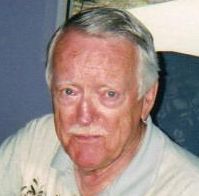
Bill Annett grew up a writing brat; his father, Ross Annett, at a time when Scott Fitzgerald and P.G. Wodehouse were regular contributors, wrote the longest series of short stories in the Saturday Evening Post’s history, with the sole exception of the unsinkable Tugboat Annie.
At 18, Bill’s first short story was included in the anthology “Canadian Short Stories.” Alarmed, his father enrolled Bill in law school in Manitoba to ensure his going straight. For a time, it worked, although Bill did an arabesque into an English major, followed, logically, by corporation finance, investment banking and business administration at NYU and the Wharton School. He added G.I. education in the Army’s CID at Fort Dix, New Jersey during the Korean altercation.
He also contributed to The American Banker and Venture in New York, INC. in Boston, the International Mining Journal in London, Hong Kong Business, Financial Times and Financial Post in Toronto.
Bill has written six books, including a page-turner on mutual funds, a send-up on the securities industry, three corporate histories and a novel, the latter no doubt inspired by his current occupation in Daytona Beach as a law-abiding beach comber.
You can write to Bill Annett at this address: [email protected]


















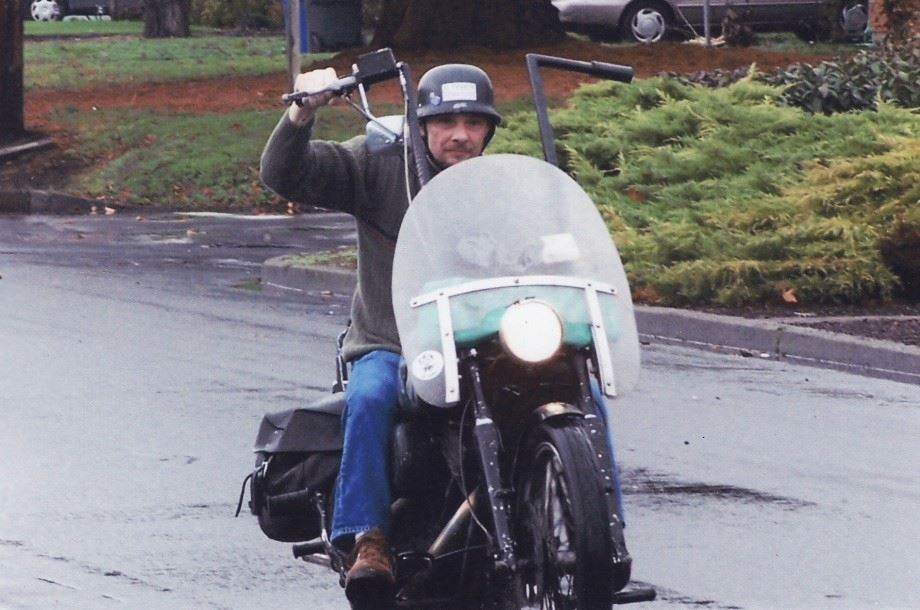
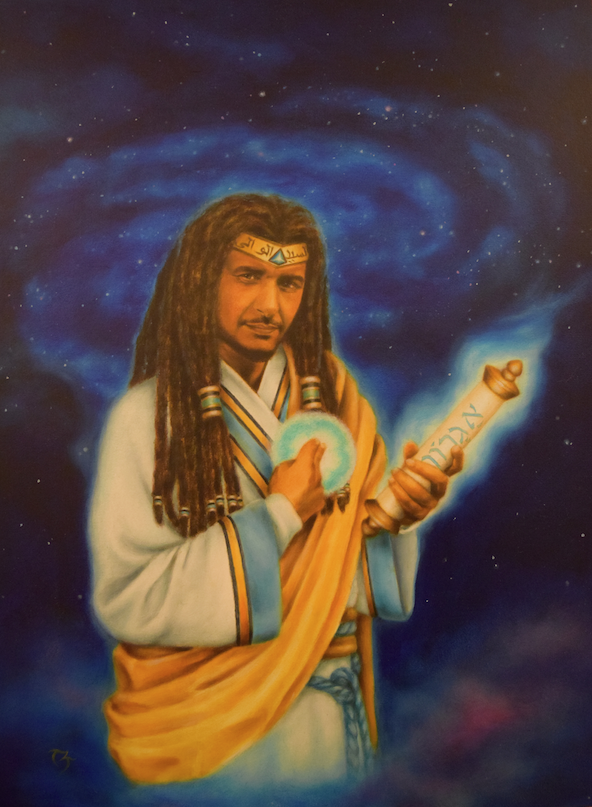
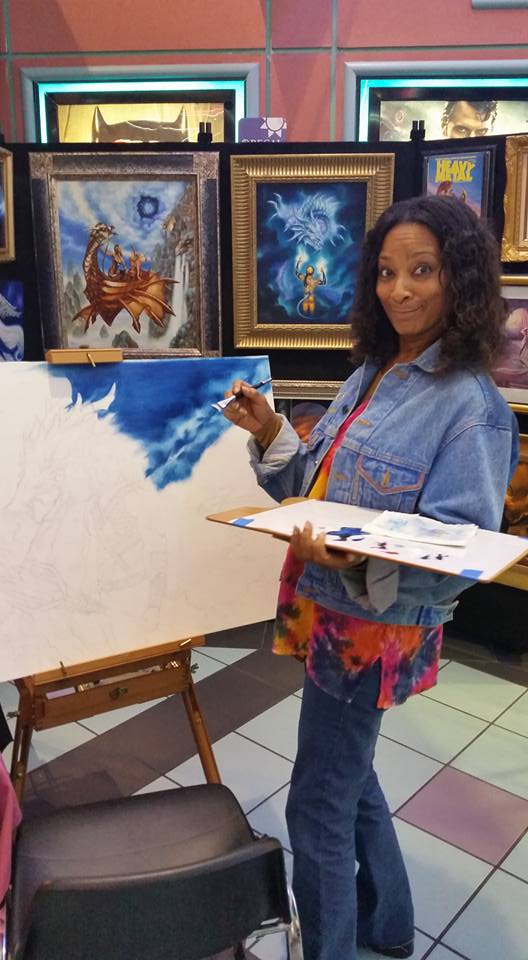


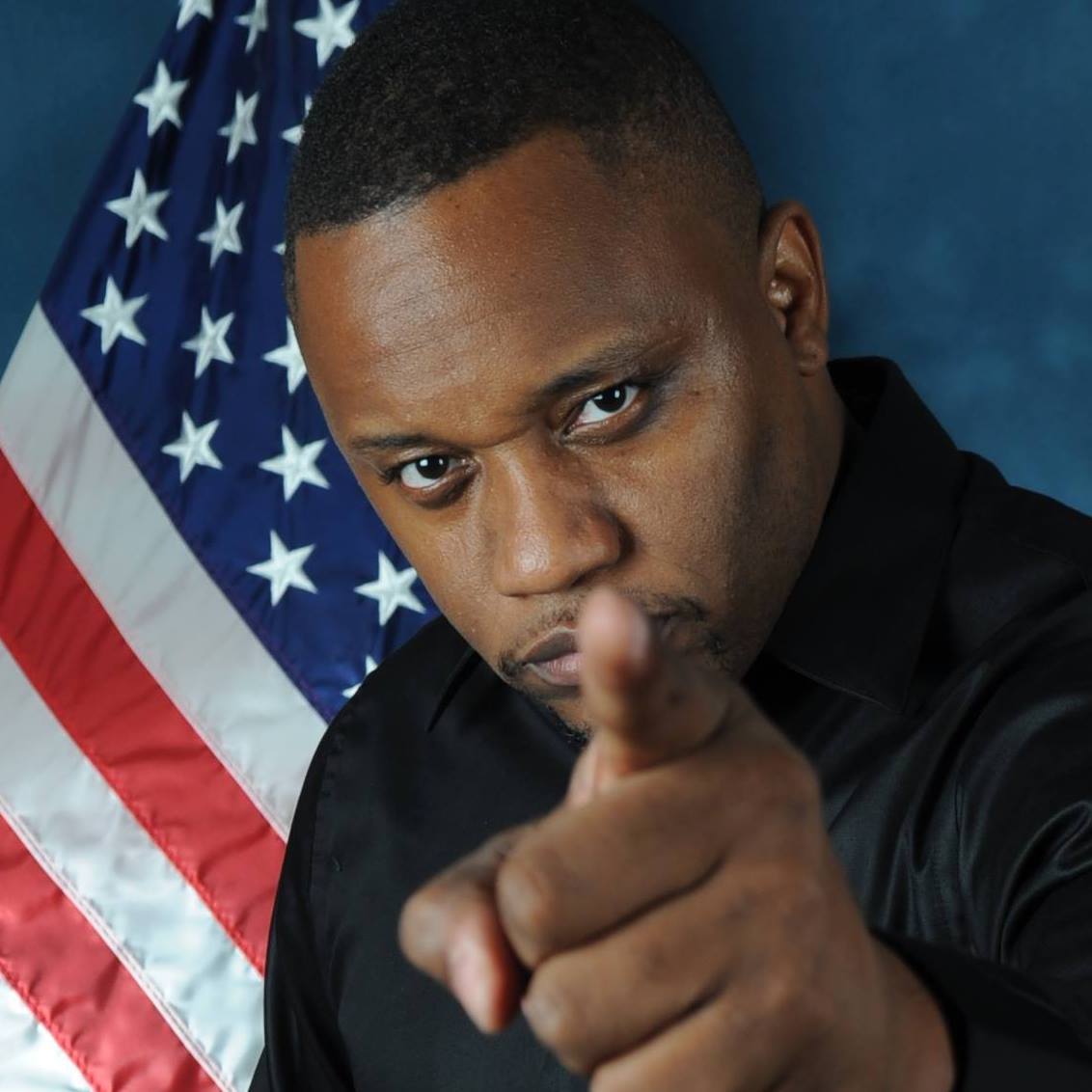

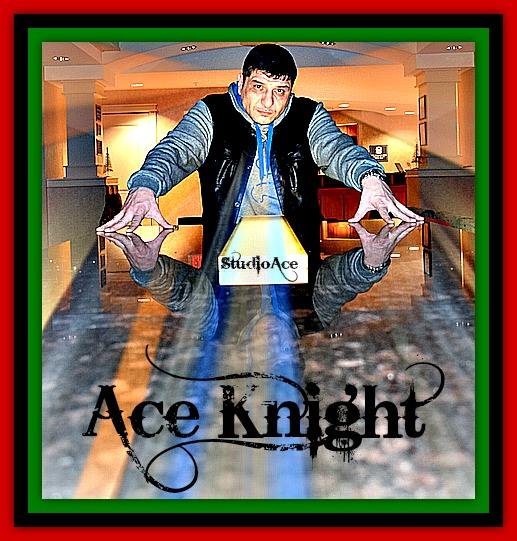
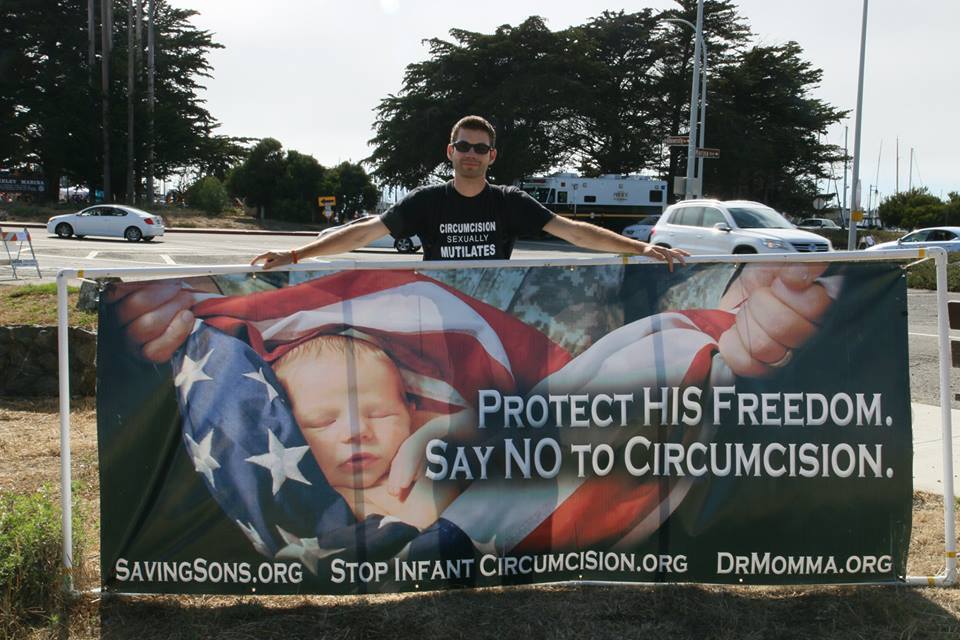








Leave a Reply
You must be logged in to post a comment.